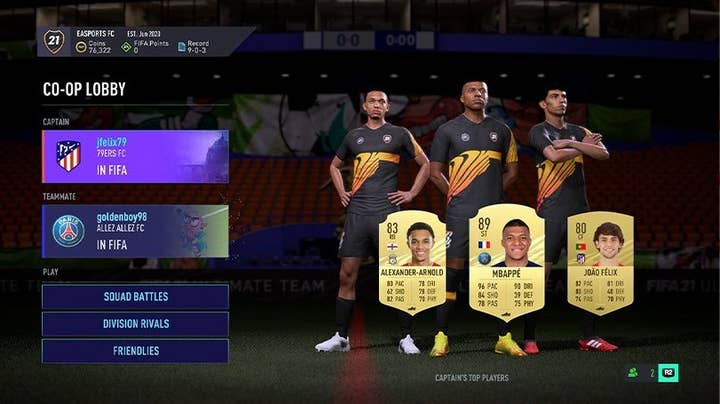German state proposes ban on loot boxes
Bremen parliament has requested State Senate push for new restrictions at a federal level
Sign up for the GI Daily here to get the biggest news straight to your inbox
A German state is pushing for a ban on loot boxes in video games, which will later be debated at a nationwide level.
German new site Buten un Binnen reported that the governing coalition of the Social Democrats, the Greens and Die Linke proposed several restrictions around the use of loot boxes, including an outright ban, in the parliament of Bremen.
One opposing party, the Christian Democrats Union, countered with its own proposals. Researcher and legal expert Leon Y. Xiao, who specialises in regulations around loot boxes, reported via Mastodon that this motion was rejected while the coalition's was passed.
Xiao emphasised that this debate saw the Bremen state parliament asking the state senate to push for the coalition's proposals at a federal, nationwide level, meaning it "has no practical effect yet."
To date, the only change Germany has made regarding loot boxes is that titles containing them must declare this on the box and this will be factored into the age rating by local rating body USK.
The coalition's motion advocated for bans on loot boxes, social casino games, premium currency , and even the livestreaming of games with loot boxes.
Meanwhile, the CDU's opposing motion called for ID verification before in-game purchases, prices to be shown in Euros (presumably as opposed to virtual currency), and a registration process that asks players to set a monthly spending limit and warning them about the risks before they play, among other things.
The CDU also suggested a ban on loot boxes for users under 10 years old (including free loot boxes), and on advertising loot boxes to under-18s (although it is not clearly whether this includes advertising the games that offer them).
Xiao highlighted several errors in the coalition's motion, including claims that adults have developed gambling addictions through the purchase of physical card parks (often used as a comparison for loot boxes), which has not been proven.
The coalition also claimed both Belgium and the Netherlands have already banned loot boxes, which is inaccurate.
In Belgium, the language of its gambling laws is broad enough to potentially include loot boxes (and some video game companies have removed them from their titles as a precaution), but there has been no enforcement. In the Netherlands, a ban on loot boxes was proposed but the highest administrative court declared these cannot be regulated under gambling law, so further proposals are still in the works.
You can read more about these and restrictions in other markets in Xiao's latest Loot Box State of Play, published on GamesIndustry.biz.
Correction: This article previously listed FDP as the third political party in the coalition, whereas it is Die Linke. We have amended the article to reflect this.

